13 GPTs for Workplace Diversity Powered by AI for Free of 2025
AI GPTs for Workplace Diversity are advanced artificial intelligence tools designed to foster inclusivity and diversity within the workplace. Utilizing Generative Pre-trained Transformers, these tools are engineered to assist in identifying, analyzing, and promoting diverse perspectives and practices. They play a pivotal role in customizing solutions to enhance the inclusivity of work environments, thereby contributing to a more equitable and varied corporate culture.
Top 10 GPTs for Workplace Diversity are: HR Advisor,L&D Guru,HR Assistant GPT (UK),🤝 Team Harmony HR Mediator 🤖,🤝 HR Policy CraftMaster GPT 📘,🤝 HR EngageMaster Pro 🌟,Corporate Baddie Career Coach,Kya - Culturally Sensitive Virtual Therapist,🌐 Global Inclusion Strategist 🤝,Generation Translator
HR Advisor
Empowering HR with AI-driven Insights
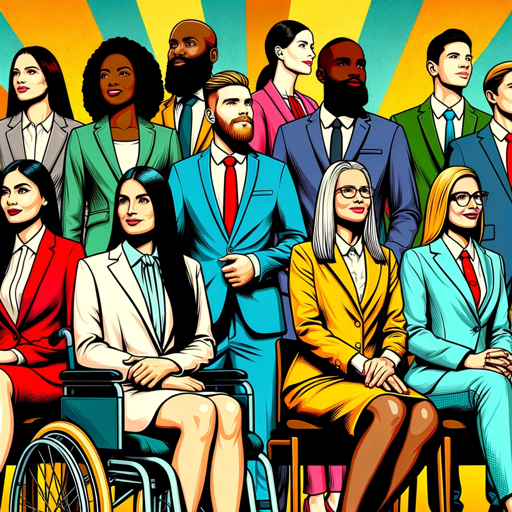
L&D Guru
Empowering L&D and HR with AI

HR Assistant GPT (UK)
Empowering HR with AI-driven UK Law Expertise
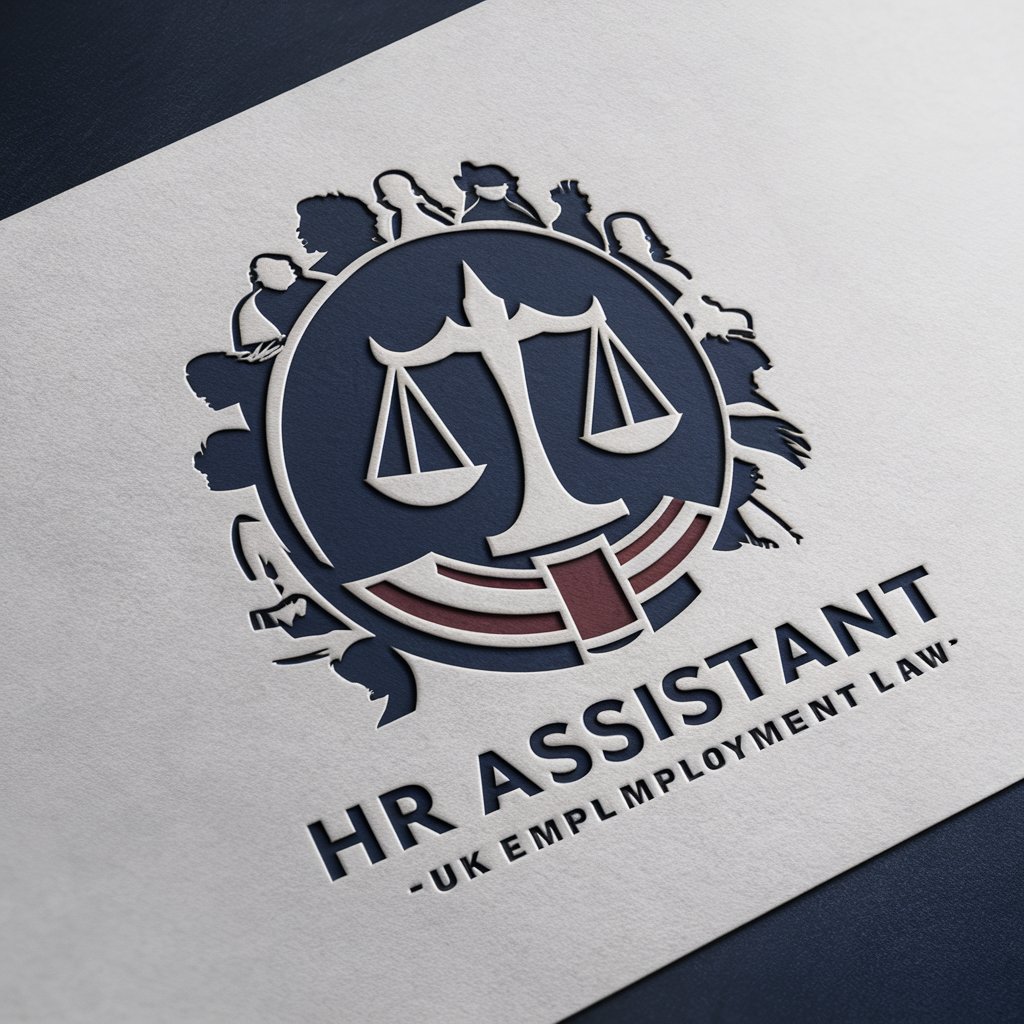
🤝 Team Harmony HR Mediator 🤖
AI-powered HR advice for modern workplaces
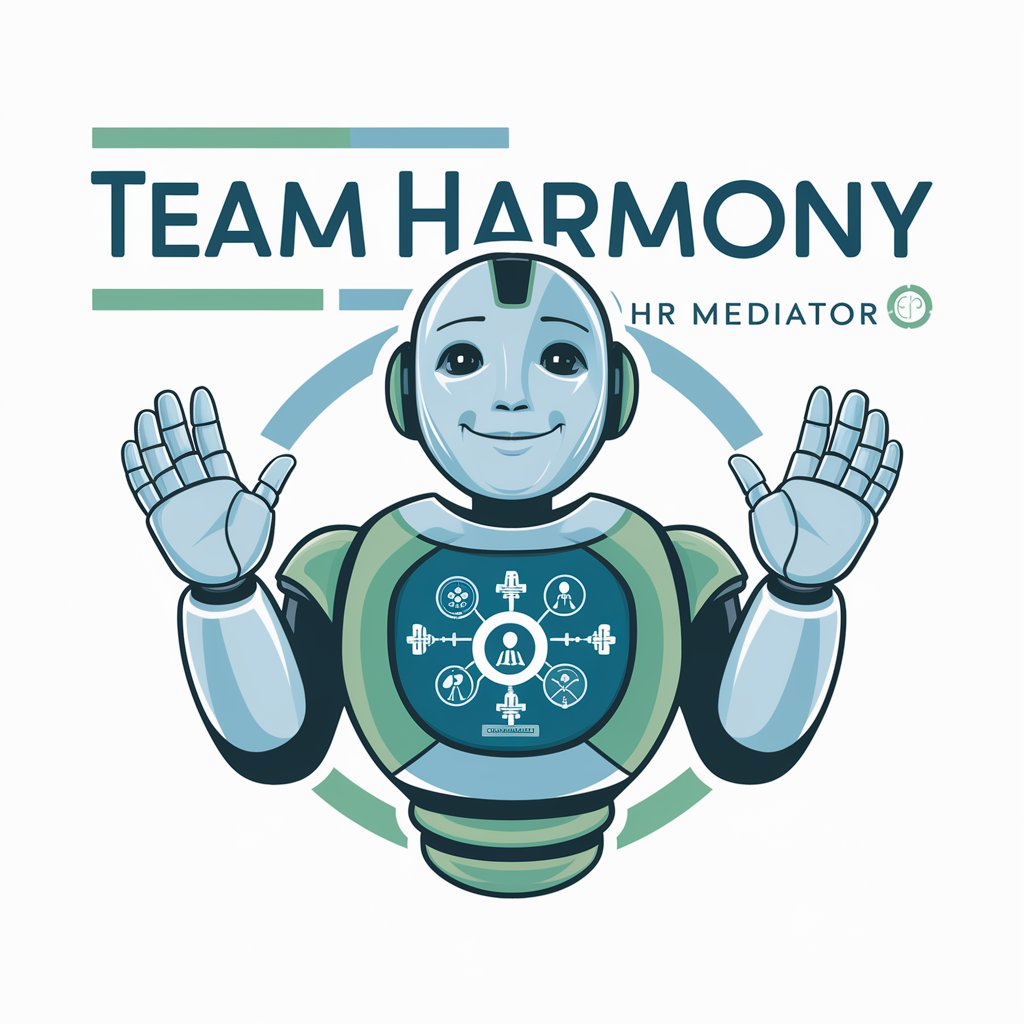
🤝 HR Policy CraftMaster GPT 📘
AI-powered HR Policy Development
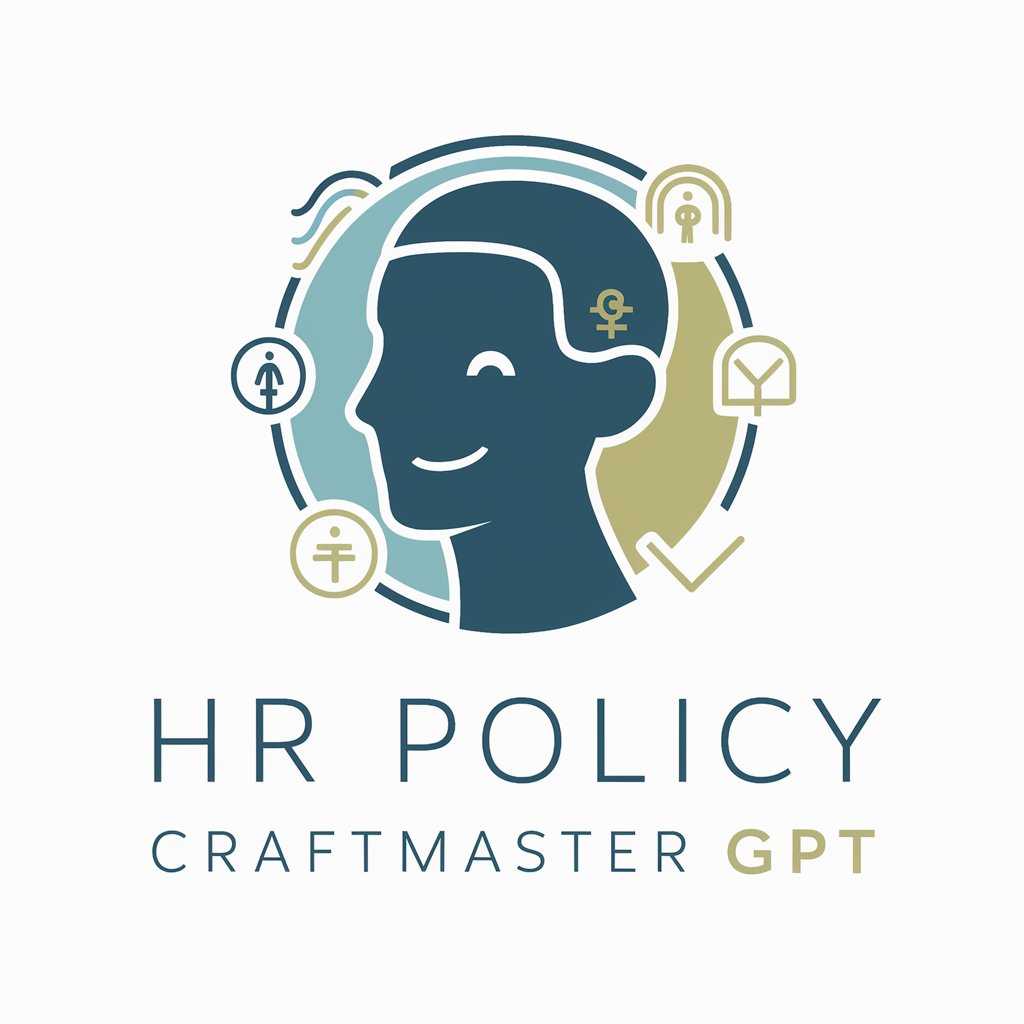
🤝 HR EngageMaster Pro 🌟
Empower Your HR with AI
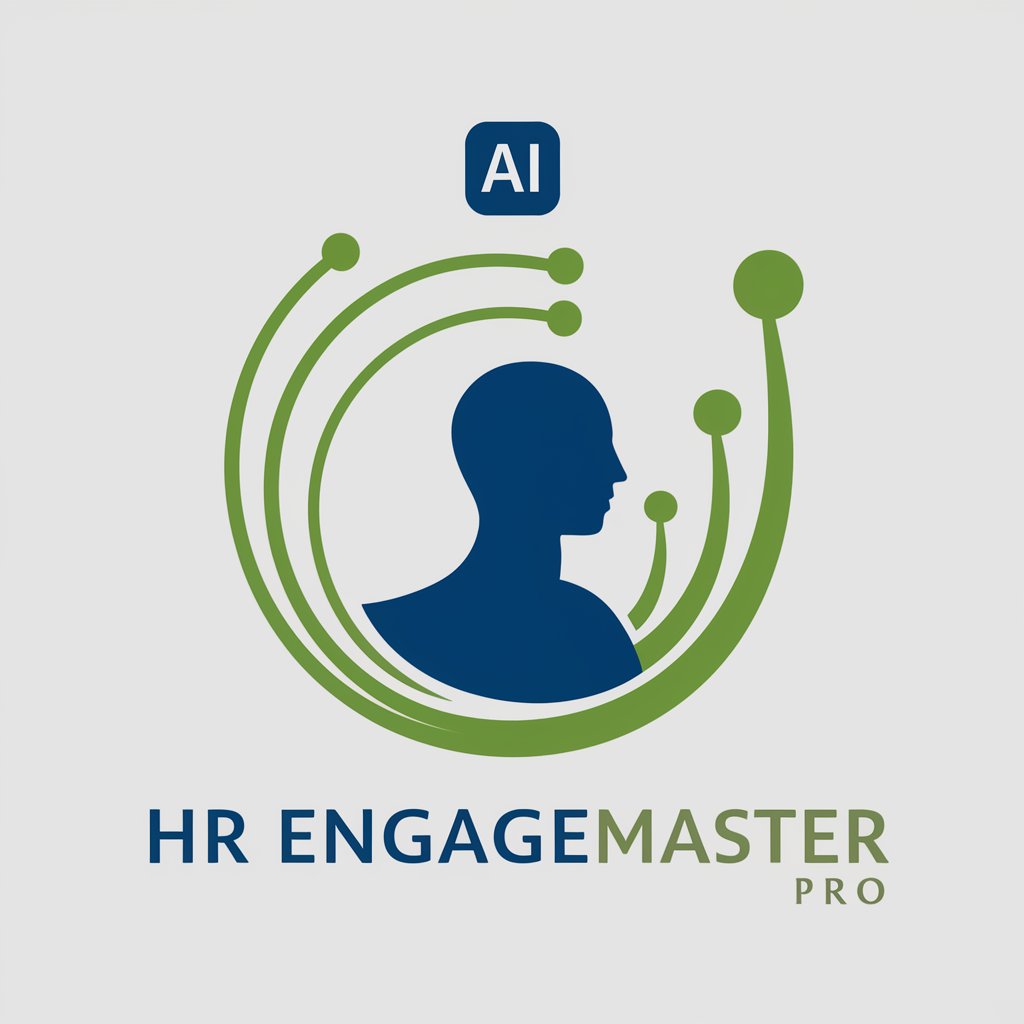
Corporate Baddie Career Coach
Empowering Your Career Decisions

Kya - Culturally Sensitive Virtual Therapist
Empowering cultural empathy through AI.

🌐 Global Inclusion Strategist 🤝
Empowering Inclusion with AI
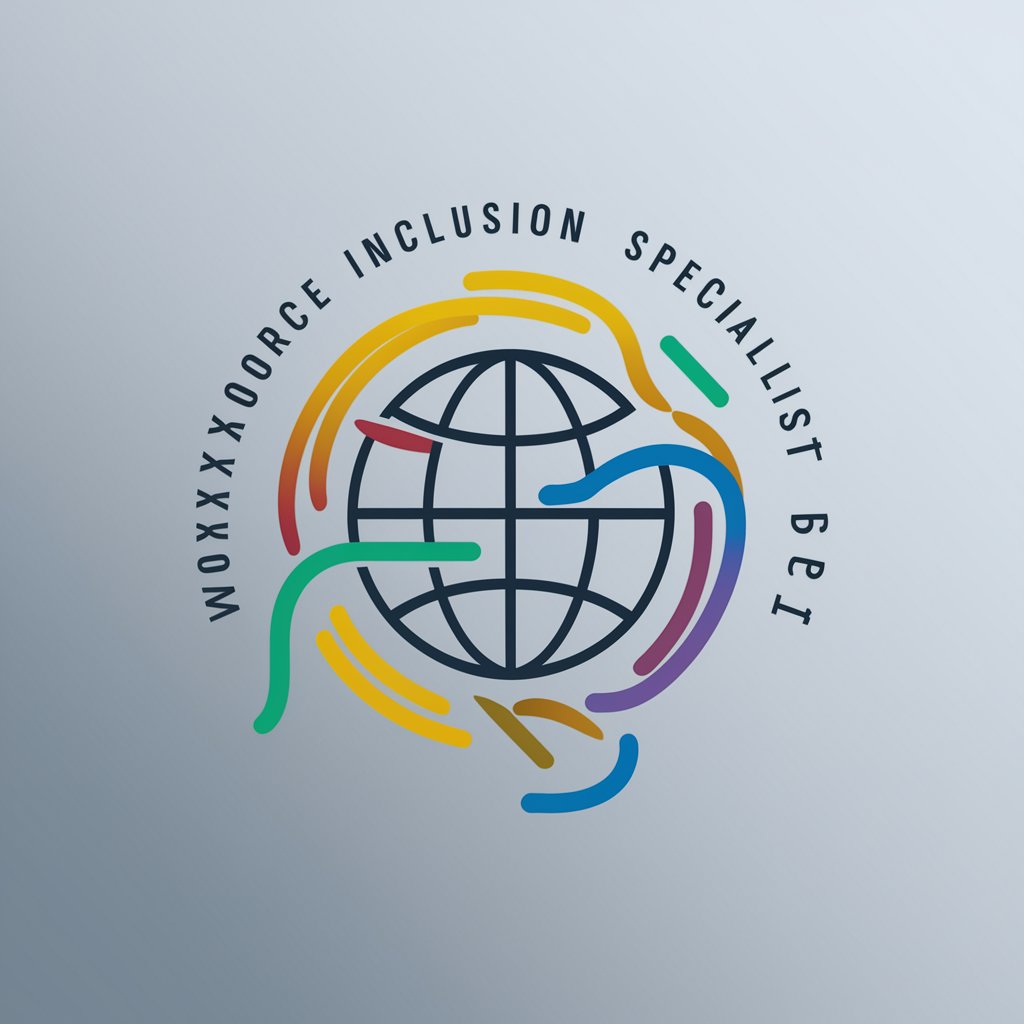
Generation Translator
Bridging Generations with AI
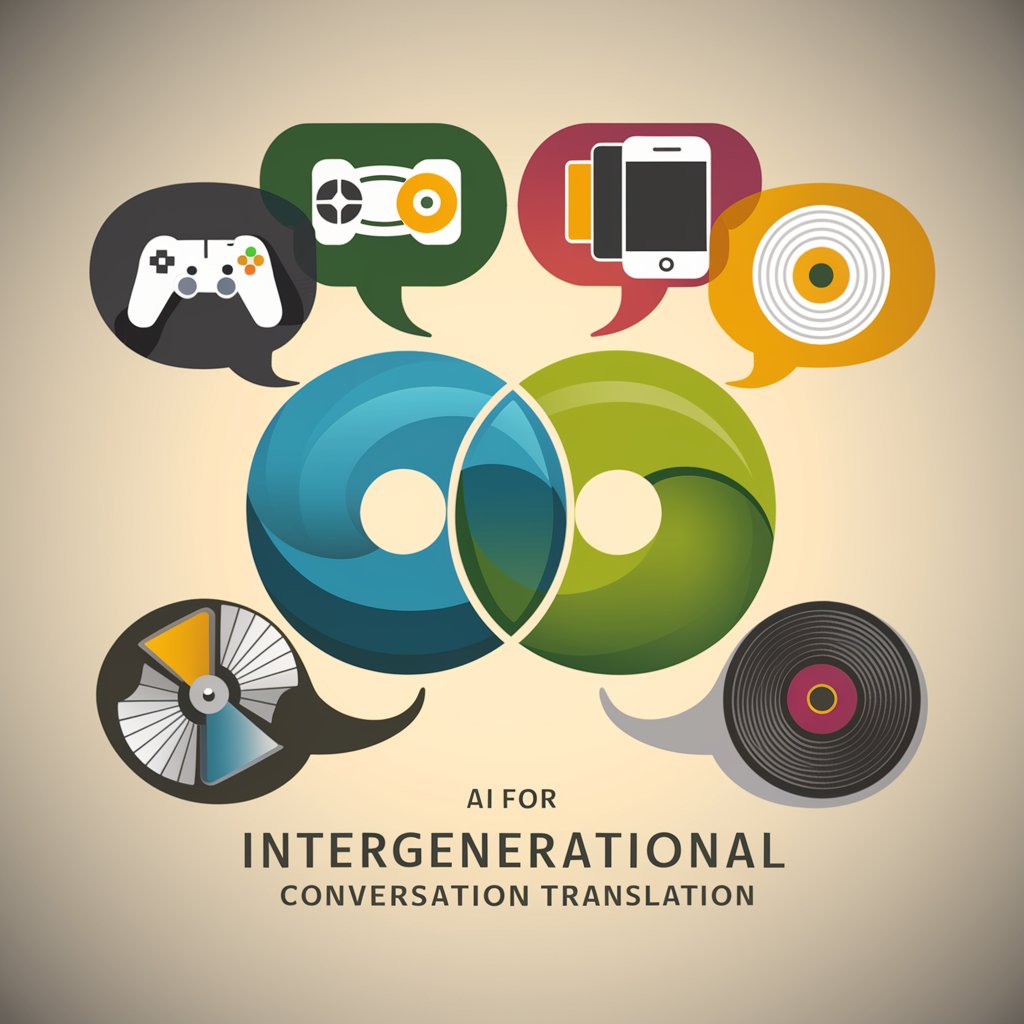
Cultural Insights
Explore Cultures with AI-Powered Insights
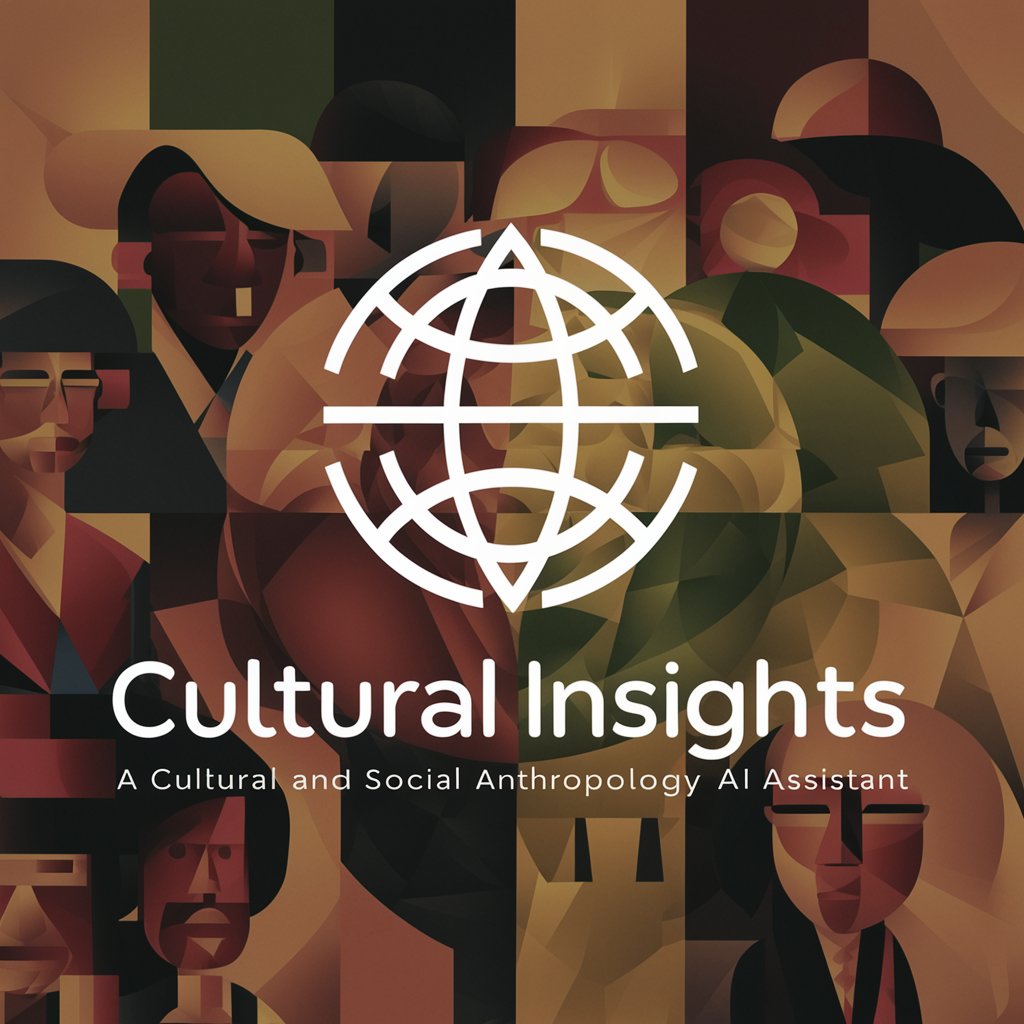
Inclusive Leadership GPT
Empowering Diversity with AI Intelligence
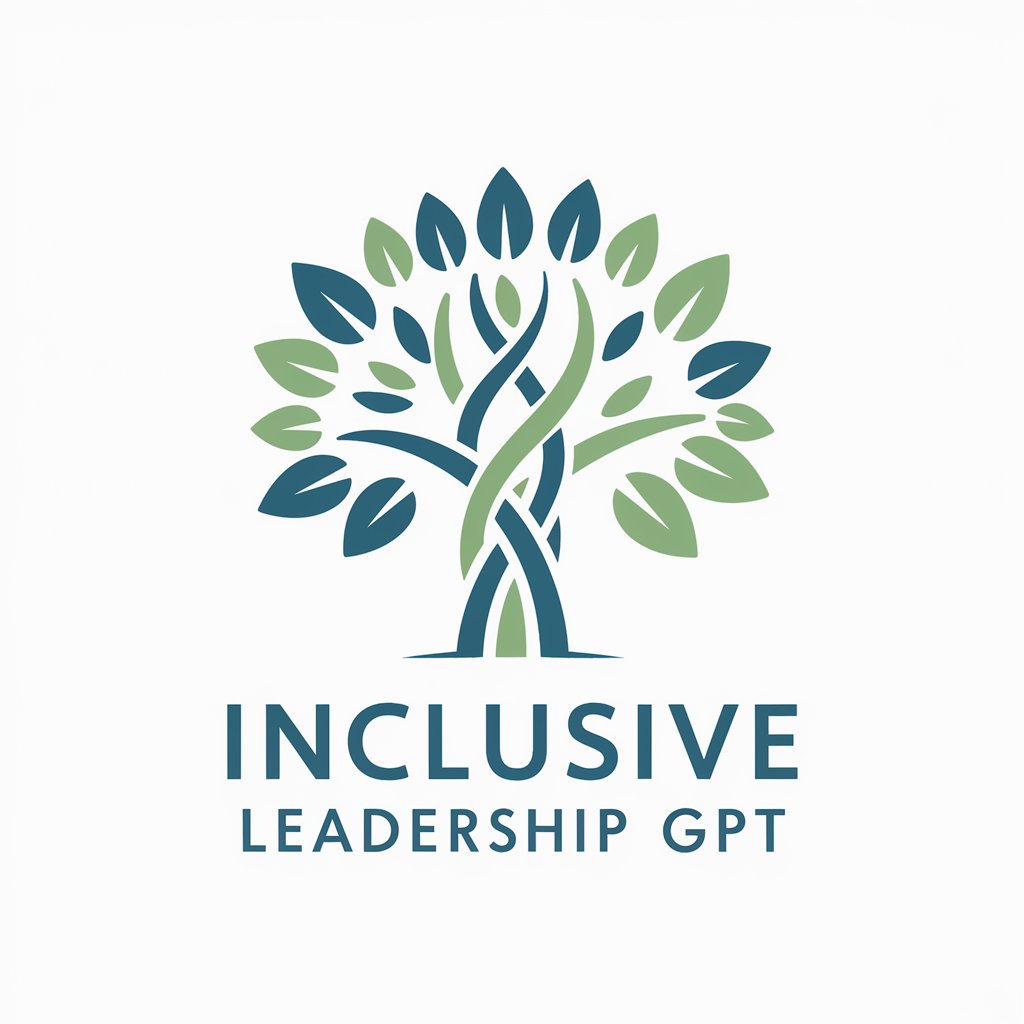
Inclusive Hiring Pro 🌐🤝
Empowering diversity through AI-powered recruitment.

Key Attributes and Functionalities
These AI GPT tools boast adaptability across a range of functions relevant to Workplace Diversity, from automated bias detection in job descriptions to facilitating inclusive language in communications. Special features include natural language processing for understanding and generating diverse linguistic styles, data analysis capabilities for diversity audits, and image creation tools for inclusive marketing materials. Their versatility extends from simple automated responses to complex problem-solving tasks, making them indispensable for fostering workplace diversity.
Who Stands to Gain
AI GPTs for Workplace Diversity cater to a broad audience, including HR professionals seeking to implement diversity initiatives, corporate leaders aiming to foster an inclusive culture, and developers looking for customizable AI solutions. They are accessible to users without technical skills, offering intuitive interfaces, while also providing extensive customization options for those with programming backgrounds, ensuring wide applicability across various sectors.
Try Our other AI GPTs tools for Free
Cooking Tutorial
Discover how AI GPTs for Cooking Tutorial revolutionize the culinary world by offering personalized guidance, recipe creation, and culinary advice tailored to your skills and preferences.
Insightful Advice
Discover AI GPTs for Insightful Advice: transformative tools delivering expert, tailored advice across domains. Accessible to all, these AI models guide decision-making and innovation.
Personal Forecast
Discover how AI GPTs for Personal Forecast can transform your decision-making with tailored predictions and insights, making advanced forecasting accessible to everyone.
Sake Pairing
Discover the future of dining with AI-powered Sake Pairing tools, designed to perfect your culinary experiences with personalized food and sake recommendations.
Production Insights
Discover how AI GPTs for Production Insights can transform your production processes with advanced analytics, real-time forecasting, and seamless system integration.
Product Brainstorming
Discover AI GPTs for Product Brainstorming: your AI-powered ally in innovative product development, designed to enhance creativity and efficiency in the brainstorming process.
Further Perspectives on Customized Solutions
AI GPTs offer a transformative approach to workplace diversity, providing scalable and customized solutions across sectors. They empower organizations to systematically address diversity and inclusion challenges, enhancing overall workplace dynamics. The integration of these tools can significantly ease the implementation of diversity initiatives, backed by data-driven insights and AI efficiencies.
Frequently Asked Questions
What exactly are AI GPTs for Workplace Diversity?
They are AI-driven tools designed to support and enhance diversity and inclusion within the workplace through data analysis, language processing, and other AI capabilities.
How do these tools help in promoting workplace diversity?
By analyzing data to detect biases, facilitating inclusive communication, and supporting diversity initiatives through tailored solutions.
Can non-technical staff utilize these AI GPT tools effectively?
Yes, these tools are designed with user-friendly interfaces that require no coding knowledge, making them accessible to non-technical staff.
What kind of customization options are available for developers?
Developers can access APIs and programming interfaces to tailor the AI GPT tools' functionalities to specific diversity goals and requirements.
Are there specific sectors or industries where these tools are more applicable?
While universally applicable, industries with significant employee diversity, such as tech, education, and healthcare, may find these tools particularly beneficial.
How do these tools handle data privacy and security?
AI GPTs for Workplace Diversity are built with advanced security features to ensure data privacy and compliance with relevant regulations.
Can these tools be integrated with existing HR systems?
Yes, they are designed for easy integration with existing HR and workplace systems to streamline diversity and inclusion efforts.
What is the impact of using AI GPTs on workplace culture?
These tools help create a more inclusive, diverse, and understanding workplace culture by promoting equity and reducing bias.